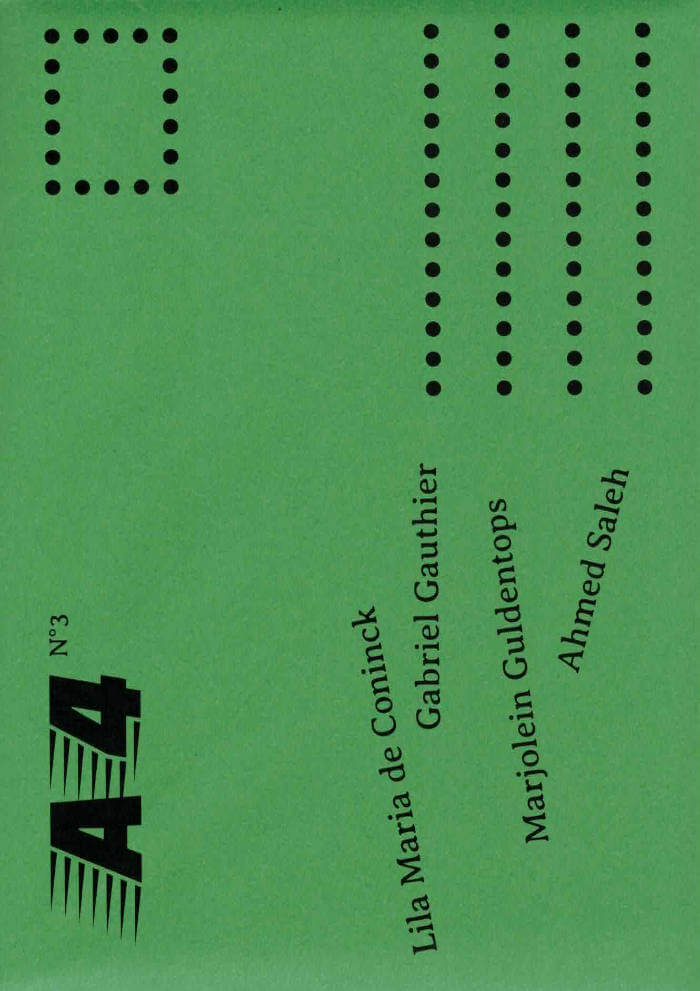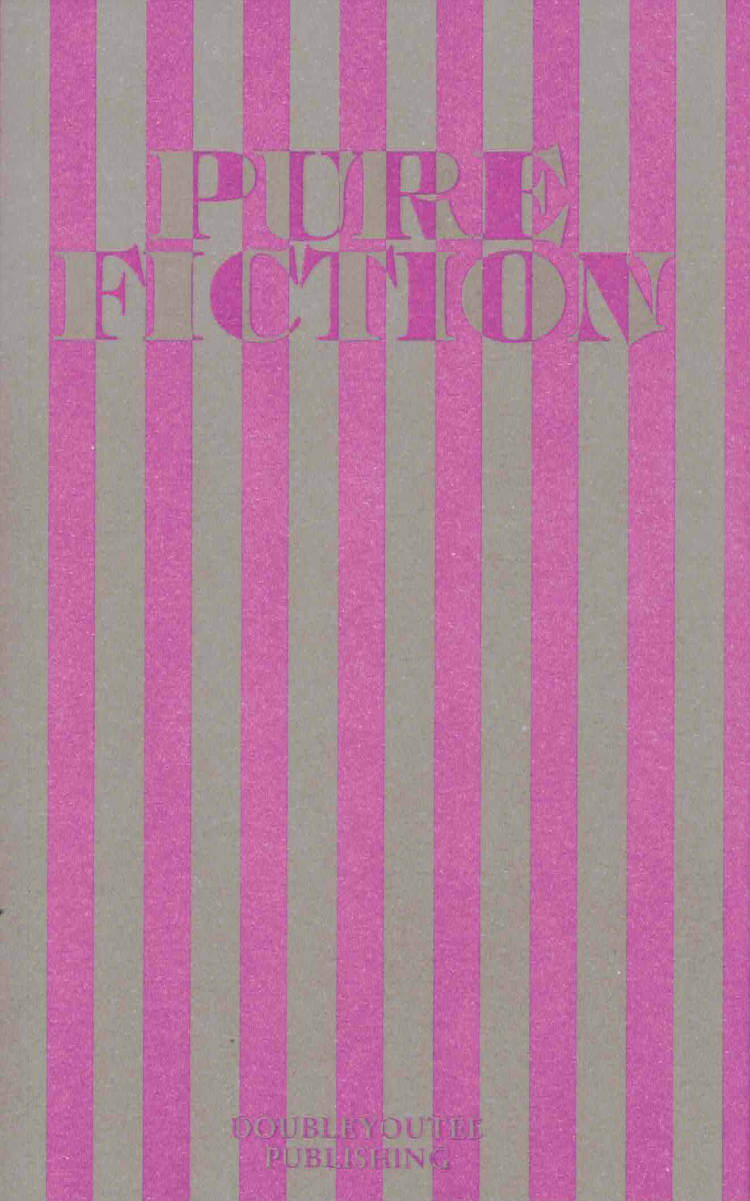
Katsura Hito
This publication introduces the Katsura tree as a point of departure from which to map a rich ecology of relations and experiences with materials (recipes, exercises, and images) that accompany stories—fictional and “factual”—of a multi-sensorial experience of the fall season.
The writing questions modern/colonial binaries like east and west, nature and culture, fact and fiction, higher and lower senses, and the human and non-human. It calls readers to not only exercise awareness of their environments but to imagine along with them.
The Katsura tree is an elemental spirit of the Japanese landscape in the fall season. As the transformation of the Katsura’s colored leaves and their enchanting sweet scent changes the sensorial experience of their environment, they remind us of our connection to the seasons. The tree’s embeddedness in Japanese folklore and traditional storytelling leads us to a yokai supernatural spirit, legend, and gardener: Katsura-Otoko, or, in Chinese; Wu Gang. His efforts in pruning the Katsura tree on the moon to cause lunar cycles connects cosmology to ecology as a natural part of our earthly existence. The story’s premise serves as an inspiration and starting point for this book.
Language: English




